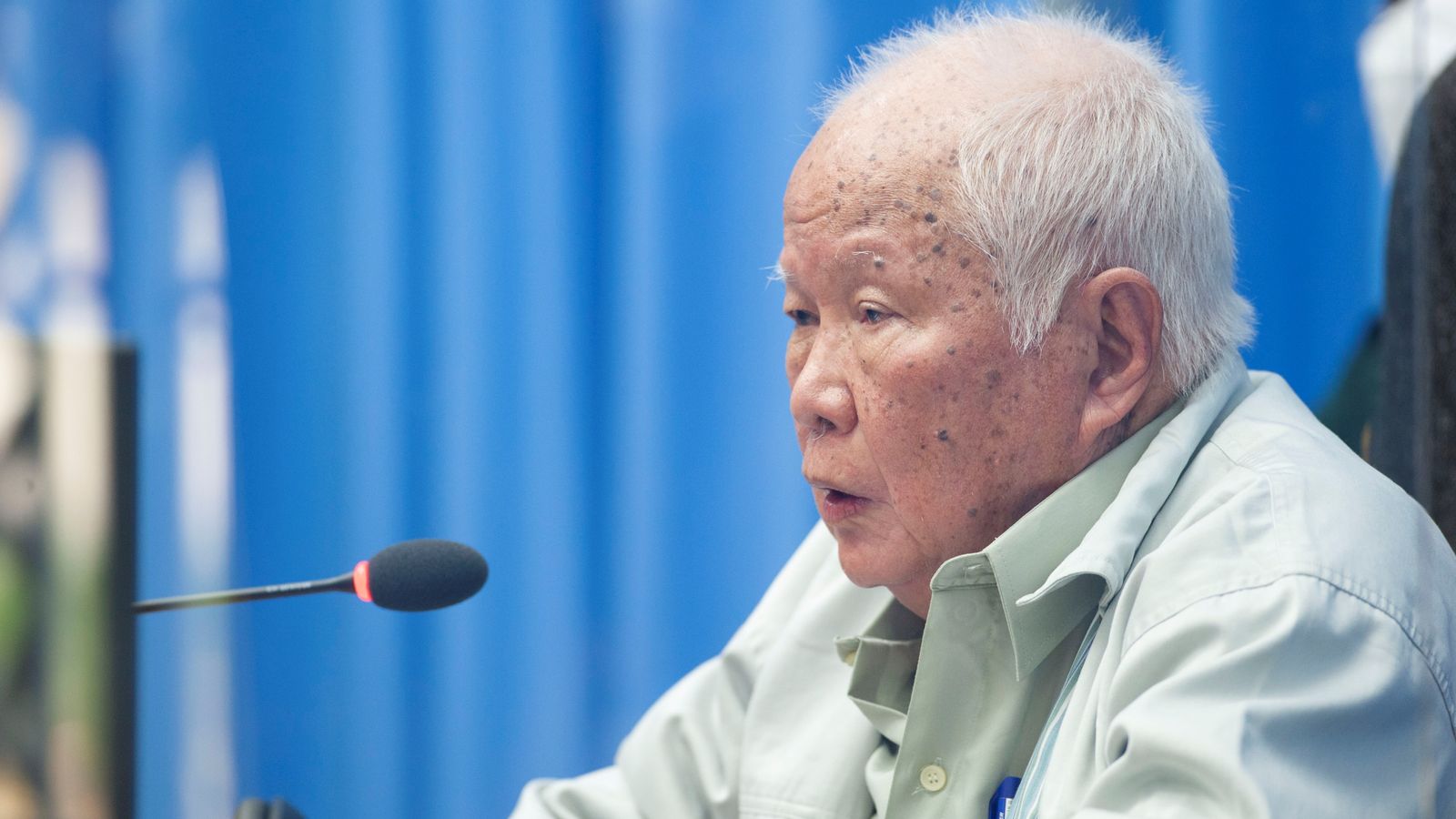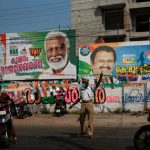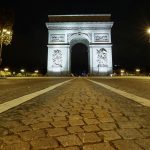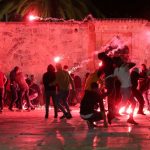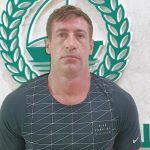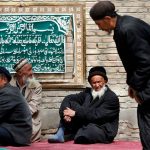The last surviving senior leader of Cambodia’s Khmer Rouge has denied ever committing any crimes against humanity saying he only ever wanted “independence and sovereignty” for his country.
Khieu Samphan, 90, is appealing a conviction of genocide committed during the regime’s brutal rule more than 40 years ago.
Part of Pol Pot’s inner circle and former head of state, he was found guilty of genocide against a Vietnamese minority by a UN-backed court in 2018.
Speaking at the end of the appeal hearing in Cambodia’s capital, he denied any involvement.
“I declare that I cannot accept the accusation that I was involved in a plot to commit crimes against my compatriots including the Cham and the Vietnamese,” he said.
“After many years sitting as a defendant at the end of this long case it is important for me to inform you, and especially inform the Cambodian people, that I never wanted to commit a crime against my compatriots or against anyone else.”
The Khmer Rouge under Pol Pot, who was known as “Brother Number One”, ruled Cambodia with an iron fist between 1975 and 1979.
It is estimated 1.7 million Cambodians died during the three years and eight months they were in power as they pursued their vision of turning the country into an agrarian utopia.
Survivors have described it as a period marked by terror, where dissent could be fatal and where starvation and forced labour ended many lives.
Many victims were buried in mass graves at the country’s notorious “killing fields”.
In 2018, in addition to genocide, Khieu Samphan was found guilty of a range of crimes against humanity and war crimes including forced marriages and rape.
He was jailed for life alongside, “Brother Number Two”, Nuon Chea who died in 2019.
Khieu Samphan was primarily convicted under the principle of joint criminal enterprise, under which individuals can be held responsible for the actions of the group to which they belong.
His defence team has argued there were procedural errors in the original Extraordinary Chambers in the Courts of Cambodia trial and challenged the evidence against him, denying he had ordered others to commit crimes.
At the start of proceedings lawyer Kong Sam Onn told the Supreme Court judges they should dismiss the previous judgment as “null and void”, claiming his client had been denied the right to a fair trial.
Wearing a face mask and sitting to address the court as proceedings drew to a close, the accused claimed he was being punished as a proxy for the radical communist regime.
“The trial chamber has demonstrated its inability to adjudicate me impartially,” he said, “It is clear that through me, the chamber was, rather, targeting the Communist Party of Kampuchea.”
The prosecution refute this saying the evidence was “extensive, diverse and compelling”.
They also argued Khieu Samphan was described as Pol Pot’s “shadow” and claim his close association with those at the very top and his own senior role meant he had knowledge of the decisions and orders being made.
The long-running tribunal has so far only reached guilty verdicts against three top members of the regime with several dying while on trial or before indictments were made.
A final judgment in today’s appeal is expected in 2022.
Even if Khieu Samphan’s genocide conviction is overturned, he is already serving a life sentence for crimes against humanity following a guilty verdict at a trial in 2014, upheld in 2016 following an appeal.
Today, he told the court he was only ever motivated by a desire to secure independence and sovereignty for his country while acknowledging he would likely never be freed from jail.
“No matter what you decide I will die in prison, I will die always remembering the suffering of my Cambodian people,” he said.
